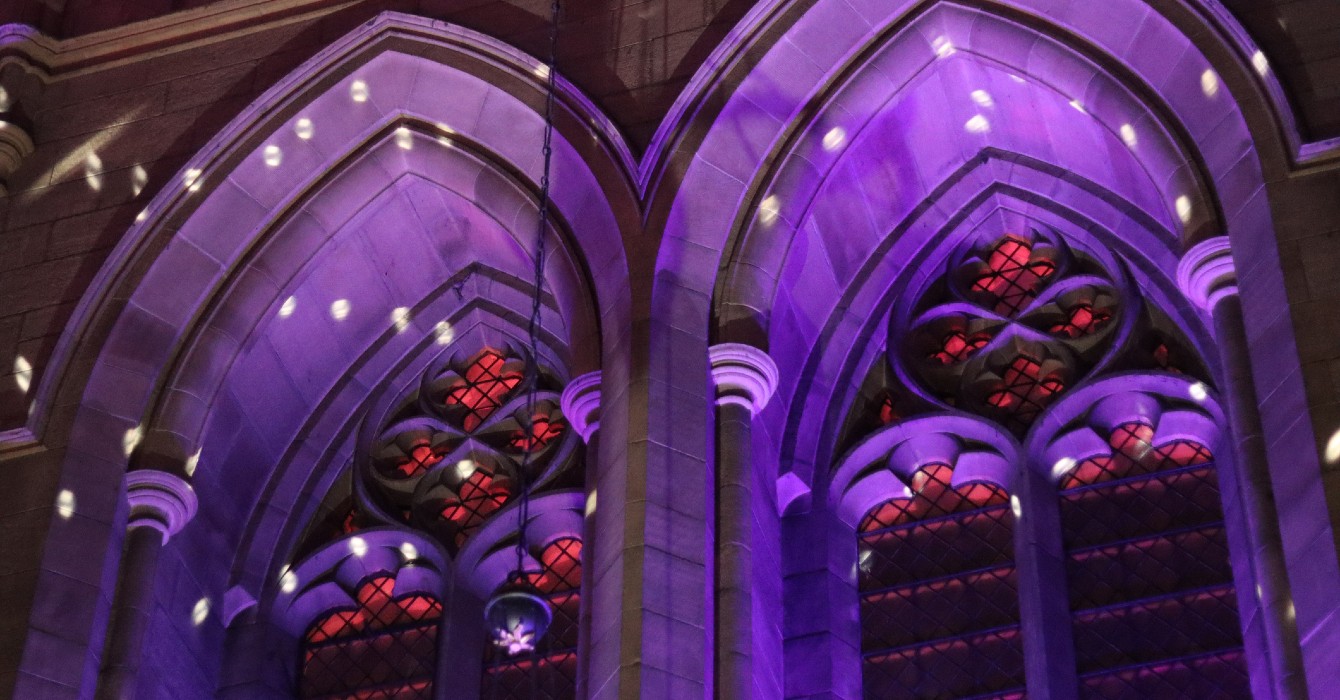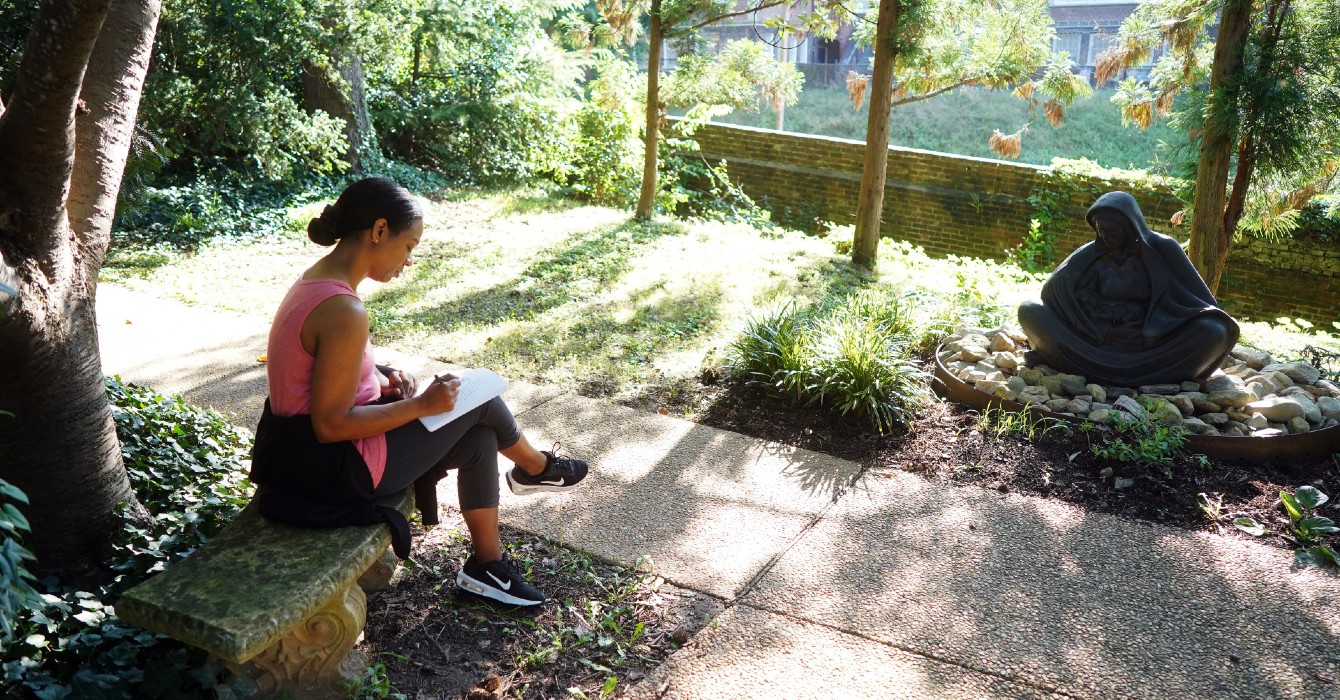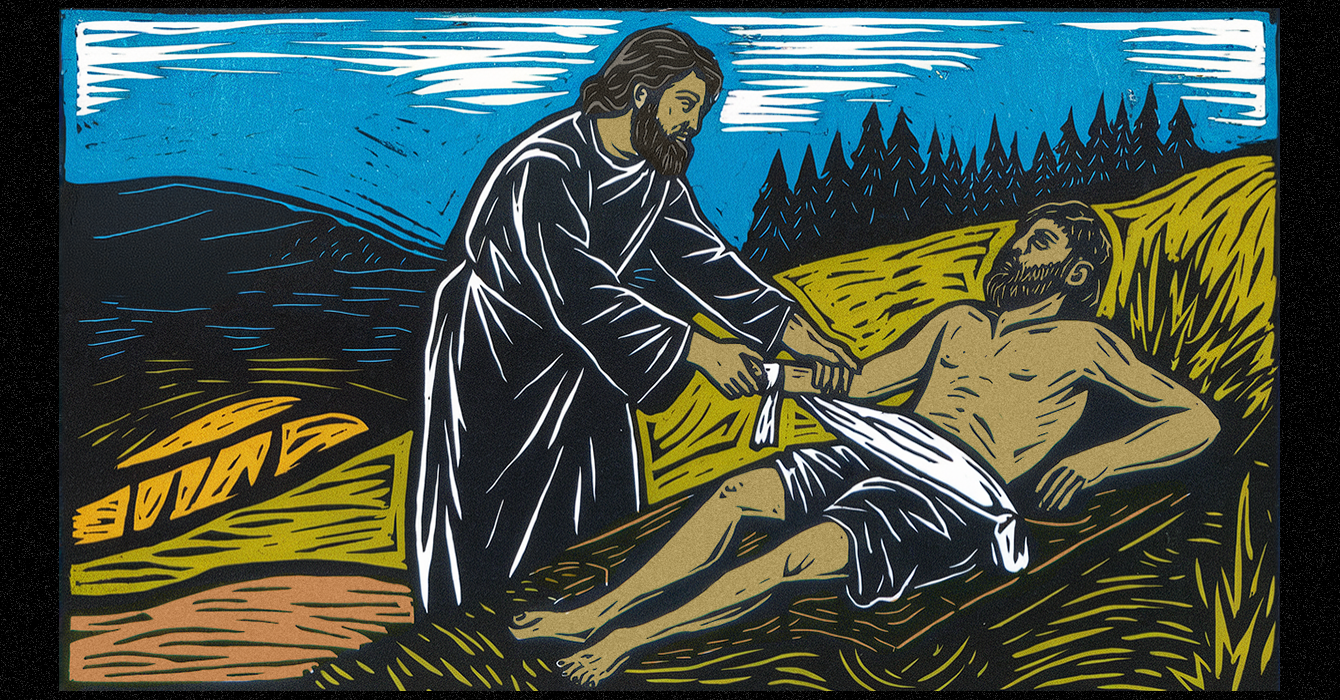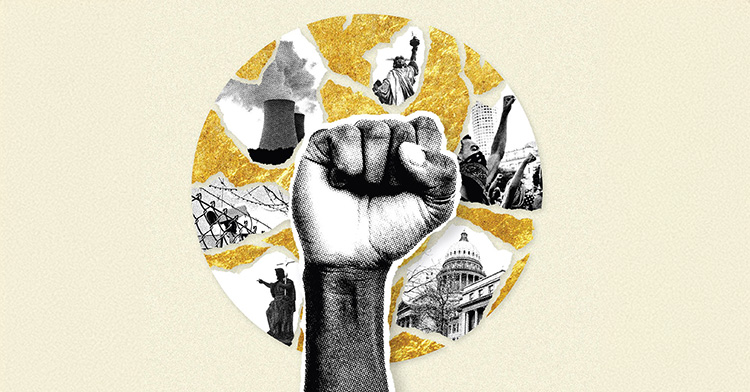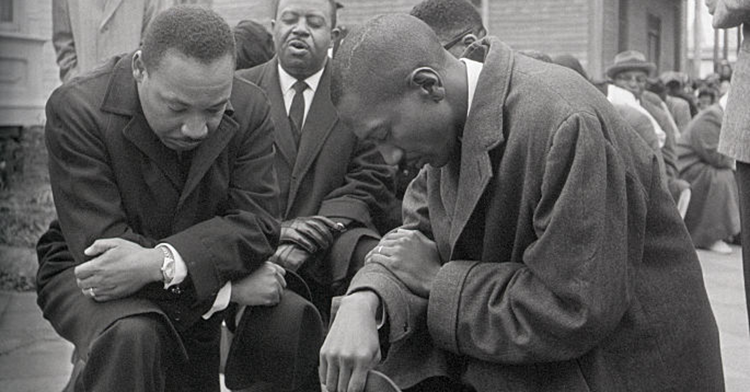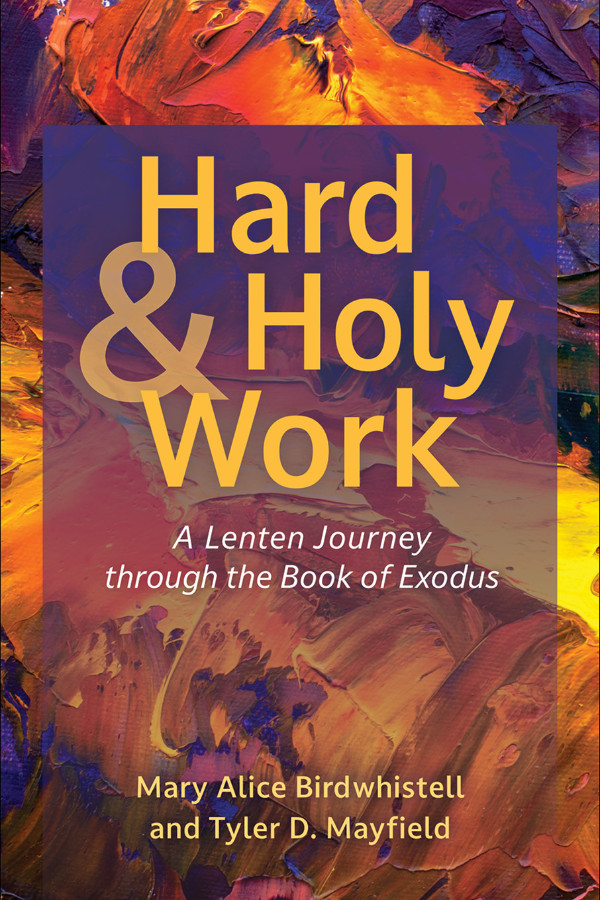Reconciliation
Reconciliation
Recently published
Tags
TagsRestorative justice practices teach high school students to share stories and resolve conflict
A nonprofit hosts conversation circles in schools as part of its commitment to healing trauma and preventing violence in Chicago’s Bronzeville community.
 Link to author Alison Bowen
Link to author Alison Bowen
MLK Day and the inauguration: Looking forward, looking back
The convergence and contradictions of the Martin Luther King holiday and the second inauguration of Donald Trump reflect a decidedly American pattern, writes the co-executive director of MLK50.
 Link to author Adrienne Johnson Martin
Link to author Adrienne Johnson Martin
Going beyond just keeping the peace to becoming ambassadors of peace
In the months before the 2024 presidential election, the Purple Church Initiative helped members of hundreds of UMC churches in North Carolina talk with fellow congregants with whom they disagreed.
With repentance for its past, a retreat center and hub for social justice builds a new future
Almost 40 years ago, an ecumenical group of faith leaders rallied to save a historic property in Richmond, Virginia. They have continued its prayerful tradition while creating a place for refuge and education.
 Link to author Edie Gross
Link to author Edie Gross
What does it mean to follow Jesus in a divided America?
Our ultimate goal isn’t winning an argument or even an election but bringing healing to a suffering world, writes a journalist and author.
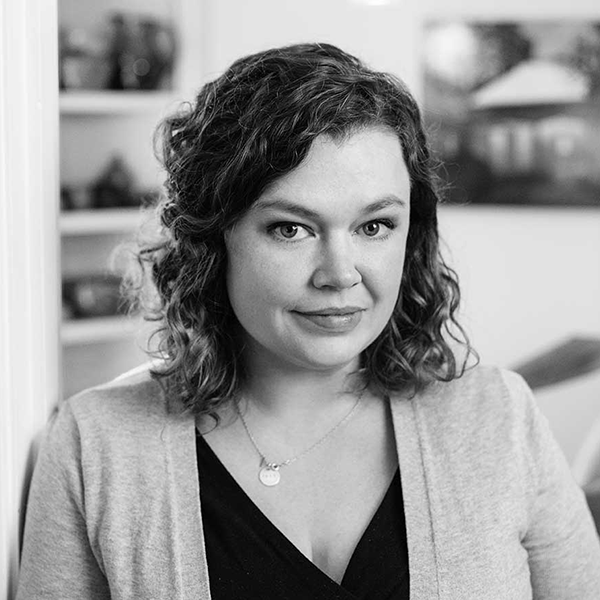 Link to author Bekah McNeel
Link to author Bekah McNeel
How long, O Lord? How long?
What might we hear and think and do as faith leaders as the war in the Middle East grinds on?
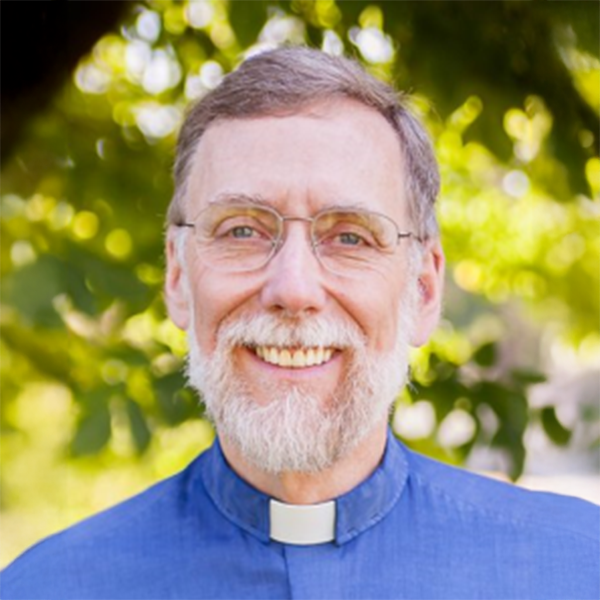 Link to author Peter A. Pettit
Link to author Peter A. Pettit
Brenda Salter McNeil: Reconciliation is about much more than making friends
For the Seattle-based theologian, living into the reality of reconciliation means contributing to a world where all of God’s creation can flourish.
What we can learn from the contemplative heart of the Civil Rights Movement
Howard Thurman and other civil rights leaders modeled how contemplation fuels action and action fuels contemplation.
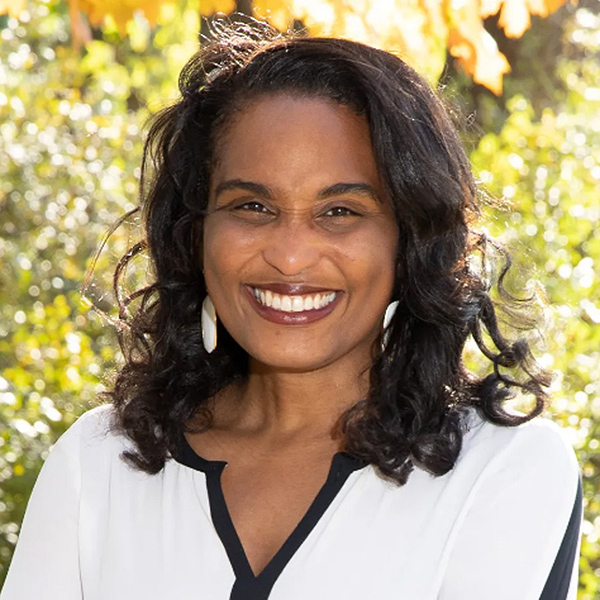 Link to author Michelle T. Sanchez
Link to author Michelle T. Sanchez
Mary Alice Birdwhistell and Tyler D. Mayfield: Exodus and the season of Lent both call us to action
In their new Lenten study, a pastor and a theologian in Louisville invite a practice of activism, one step at a time.
Instead of defining progress as building bridges, consider what the work requires
Remembering the racist attacks on civil rights marchers crossing the Edmund Pettus Bridge pushes us to think about what compromise looks like.
 Link to author Aleta Payne
Link to author Aleta Payne





